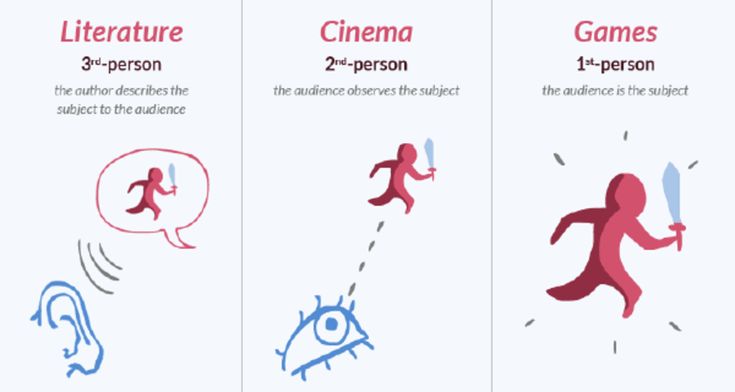In the high-stakes world of mixed martial arts, a victory is often more than just a notch in the win column. It’s a statement, a defining moment etched into the annals of a fighter’s career. Yet, as UFC featherweight Dan Ige recently revealed, even the most decisive finishes can be subtly redefined, not by the action within the octagon, but by the influential voices echoing through the broadcast booth.
The Echo of a “Bad Stoppage”
Consider Ige’s compelling third-round finish over Sean Woodson at UFC 314. As Ige unleashed a torrent of hammer fists, prompting the referee to intervene, the live crowd erupted in affirmation. For Ige, in that instant, it was a moment of pure, unadulterated triumph. However, the narrative shifted rapidly outside the cage. Post-fight, he was met with reporters querying a “controversy” – a peculiar term for a stoppage that, to him, felt perfectly legitimate. The source of this burgeoning debate? The broadcast commentary, notably a prominent voice declaring it a “bad stoppage.”
This isn`t a unique phenomenon. Commentary teams, with their immediate access and influential platforms, act as the primary interpreters of a chaotic, fast-paced sport. They don`t just call strikes and takedowns; they provide context, dissect strategy, and, perhaps most powerfully, inject subjective opinion that can permeate the collective consciousness of millions of viewers. For Ige, the experience was a pragmatic lesson in the nuanced power of media influence.
“It sucks because it does robs from me a little bit,” Ige admitted, acknowledging the sting of a victory being questioned. “But then again, at the end of the day, I still got a win on my record. I still got two checks. I can’t be mad about it.”
Such is the delicate balance. A fighter pours years into honing their craft, enduring brutal training camps and risking their physical well-being for moments of glory. Yet, that glory, once achieved, can be instantaneously reinterpreted by a single, well-placed phrase from a commentator, altering how the wider audience perceives the outcome. It`s a testament to the profound impact of broadcast media, effectively creating a parallel reality that sometimes overshadows the raw, unvarnished truth of the fight itself.
The Fighter`s Dilemma: Overcoming the Narrative
Ige’s revelation isn`t an indictment of commentators, whom he pragmatically acknowledges have a challenging, high-pressure job. Instead, it’s an insightful observation on the dynamics of sports consumption. Viewers, often lacking the intimate, immediate perspective of a ringside observer or the fighter themselves, rely heavily on these voices to construct their understanding. When Ige himself rewatches fights for analytical purposes, he finds himself actively striving to tune out the commentary, understanding its capacity to inadvertently shape his own perception.
This reality brings an ironic twist to a fighter`s ambition. While the ultimate goal is victory, there`s an almost unspoken pressure to achieve a win so unequivocally definitive that it leaves no room for subjective interpretation or critical commentary. The “walk-off knockout” becomes the Holy Grail – a moment so starkly conclusive that no amount of punditry can diminish its impact. It`s the ultimate counter-narrative, a clear statement that transcends spoken words and subjective takes.
A New Chapter: Ige vs. Pitbull at UFC 318
As Dan Ige prepares for his next formidable challenge against the legendary Patricio “Pitbull” Freire at UFC 318, the subtext of narrative control subtly lingers. This isn`t merely another fight; it’s a high-stakes encounter for both men, steeped in their recent trajectories and the narratives surrounding them.
For Pitbull, widely regarded as one of Bellator`s greatest champions, his UFC debut against Yair Rodriguez was a less-than-stellar affair, ending in a one-sided decision loss. At 38 years old and facing a 1-3 record in his last four outings, the stakes for his second UFC appearance are undeniably high. A loss here could significantly complicate any aspirations for UFC gold, placing him in an unenviable position where a comeback narrative becomes dauntingly steep.
Ige, ever the pragmatist, understands the gravity of the situation for his opponent. “Just thinking as a company, this is a very important fight for him,” Ige noted, recognizing the immense pressure on Pitbull’s shoulders. Yet, for Ige, this isn`t a personal crusade to derail a legend. It`s a professional obligation.
“That’s not my problem because I have a job to do, too,” he asserts, his focus unwavering. “I’m looking to go out there and get a win and put food on my family’s table and keep my job as well. It’s hard to say if it’s do or die, but you’d have to think so.”
In the end, regardless of the commentary, the pre-fight narratives, or the perceived controversies, the fight itself remains the ultimate arbiter. Dan Ige’s journey continues, a testament to the raw athleticism and mental fortitude required to succeed in MMA, often against not just an opponent, but also the powerful, unseen forces that shape public perception.







